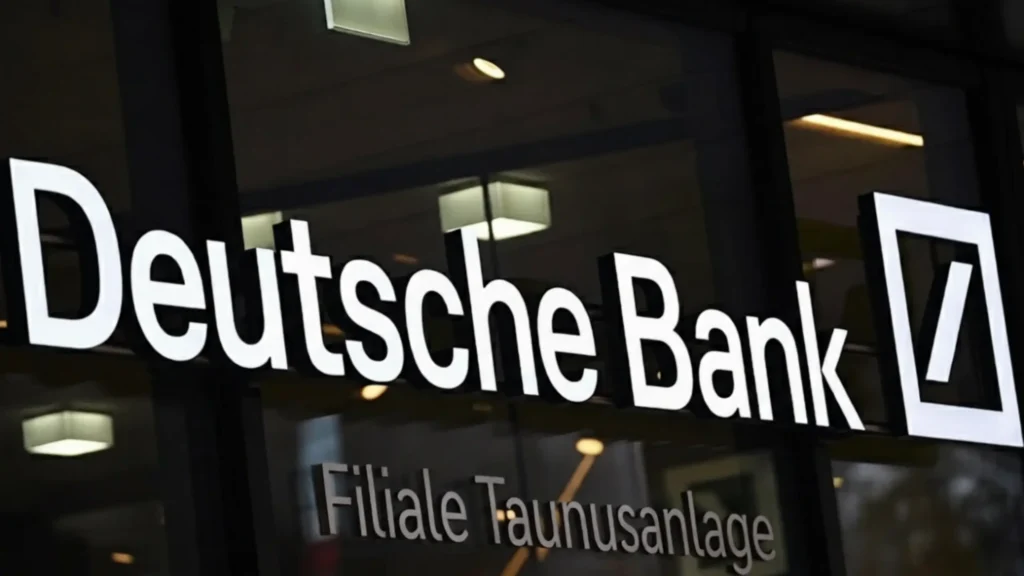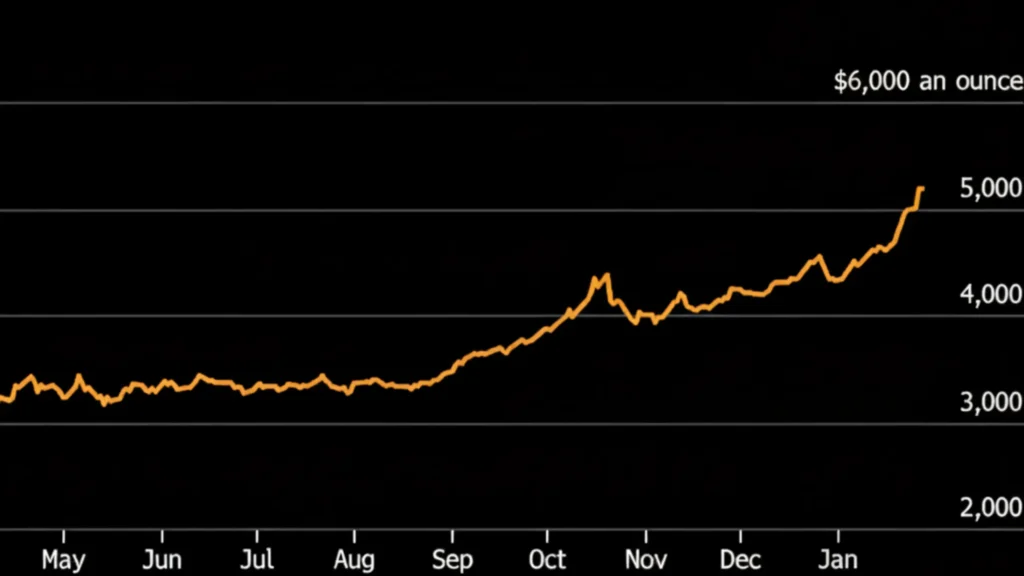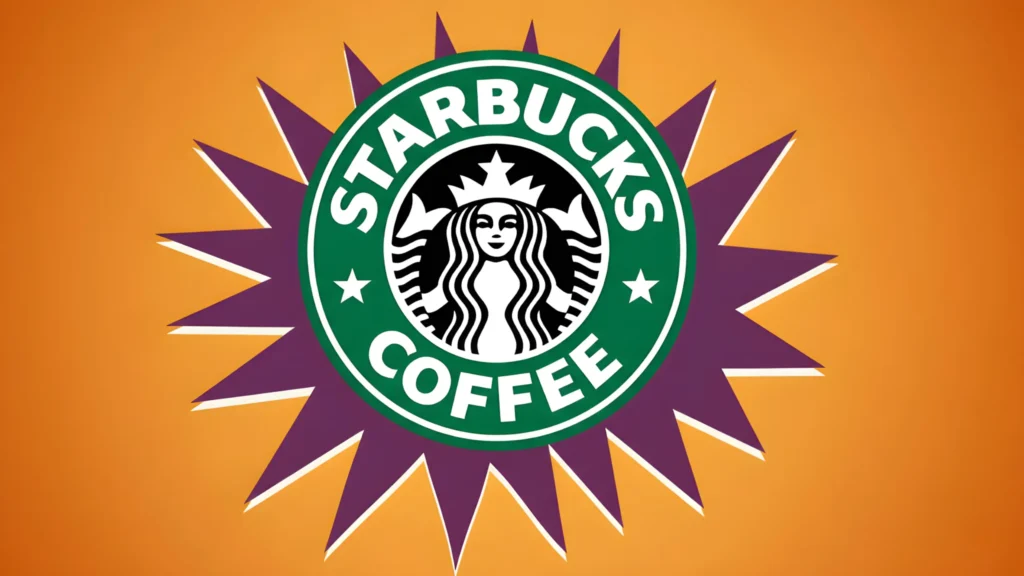Elon Musk, the man who’s apparently too busy launching cars into space to count his own money, is now teasing a $5,000 stimulus check called the DOGE Dividend—like a treat for taxpayers who’ve been good boys and girls.
Meanwhile, President Trump jumped in on Wednesday with the enthusiasm of a late-night infomercial host, shouting about “hundreds of billions” and a 20% DOGE savings payout, as if he’s trying to sell us a timeshare on Mars.
“The numbers are incredible, Elon!” he says, which is probably code for “I lost track after the first billion, but it sounds yuge!” Honestly, between Musk’s crypto obsession and Trump’s hype-man energy, this sounds less like a policy and more like a get-rich-quick scheme pitched over a couple of beers at a Tesla factory party.
Alright, let’s dive into this DOGE Dividend idea with a bit of humor and a lot of skepticism—because nothing screams “serious financial policy” like naming an economic plan after a cryptocurrency that started as a joke about a Shiba Inu dog.
Oh, and it’s being championed by Elon Musk, the same guy who once sold flamethrowers (yes, actual flamethrowers) as merch.
If you thought your side hustles were questionable, just imagine explaining his résumé at a job interview: “Oh, I dabble in space travel, electric cars, brain chips, and occasionally setting things on fire for fun.” Classic Elon.
Now, onto the DOGE Dividend itself—a $5,000 check promised to roughly 79 million households, funded by taking 20% of some mythical $2 trillion in government savings. That’s $400 billion total, which sounds impressive until you realize that’s basically Monopoly money levels of optimism.
For context, if someone told you they found $2 trillion under their couch cushions, you’d probably ask them how much caffeine they’ve had today. Still, let’s pretend this isn’t completely bonkers and compare it to what Americans are used to receiving when Uncle Sam decides to cut a check.
Your average tax refund these days? A cool $2,065, according to the IRS as of early 2025. Not too shabby—it’s enough to treat yourself to something nice, like paying off part of your credit card debt or buying one really fancy cup of coffee.
But compared to the DOGE Dividend’s $5,000 promise? It’s like bringing a butter knife to a steak dinner. And remember those good ol’ COVID stimulus checks? They ranged from $600 to $1,400 per person, with families of four potentially scoring around $3,400.
Sure, that felt like winning the lottery back then, but now the DOGE Dividend comes along and says, “Hold my leash—I’m about to fetch you even more cash!” On paper, it’s like getting upgraded from economy class to first class… except we’re not entirely sure if the plane is even built yet.
Now, let’s poke at the impact on household financial well-being with a grin—because nothing screams “fiscal responsibility” like imagining your broke uncle suddenly finding $5,000 in his couch.
Picture this: the average American family, currently Googling things like “can you live off ramen indefinitely?” or “how many cans of soup is too many?”, gets handed a check that could actually make a dent in their problems.
Some might use it to pay off credit card debt (finally breaking free from that vicious cycle of buying socks online and immediately regretting it).
Others might stash it away in an emergency fund—which, let’s be honest, will probably just sit there untouched until someone decides to call it their “future vacation jar.”
And then there are the brave souls who’ll march straight to Best Buy for a shiny new TV so big they’ll need binoculars to see the other side of the screen. Priorities!
According to the Financial Health Network’s 2024 report, 70% of households are still teetering on the edge of financial stability, relying on credit cards like they’re part of a circus act.
For these folks, $5,000 isn’t just a nice bonus—it’s basically a superhero cape swooping in to save them from overdue rent notices or car repossession threats.
But while it might feel like winning the lottery, it’s important to remember that this isn’t exactly a golden ticket to lifelong prosperity. It’s more like using duct tape to fix a leaky boat—you’re temporarily floating, but the water’s still coming in.
And here’s where the DOGE Dividend gets even trickier: unlike past stimulus checks, which were basically free money for anyone with a pulse, this one has strings attached. Only households that pay more in federal income taxes than they get back in benefits qualify—which leaves out lower-income families who arguably need help the most.
So while COVID-era checks were basically screaming, “Spend me on sourdough starters and Pelotons!” this plan is whispering, “Psst… maybe put this toward retirement?”
Higher earners tend to save or invest rather than splurge, so we might dodge another inflation spike—yeah, picture a bunch of buttoned-up accountants stashing their DOGE Dividend under their mattresses instead of blowing it on a yacht.
But don’t kid yourself: if $400 billion floods the economy, some of it’s absolutely turning into impulse buys on Amazon—like a robotic vacuum that’ll just scare the dog—or overpriced oat milk lattes that cost more than a car payment because they’re “ethically sourced.”
No matter how responsible people try to be, capitalism’s got a black belt in turning good intentions into bad decisions. One minute you’re swearing to pay off debt, the next you’re Googling “limited edition Tesla bobblehead” while sipping a $12 coffee that tastes like regret and hipster tears.
Broader implications? Queue the laugh track, because if Musk and Trump actually pull off $2 trillion in savings, it’ll be less of a policy win and more like the plot of a Marvel movie where billionaires accidentally save the world.
So far, DOGE claims $55 billion in cuts—which sounds impressive until you do the math and realize that’s only 2.75% of their $2 trillion goal. And even that number is about as solid as a Jell-O sculpture—some experts say it’s closer to $8.6 billion, which means instead of $5,000 checks, we’re looking at payouts closer to $139.
That’s barely enough to cover dinner for two at a mid-range restaurant, let alone spark an economic revolution. The $5,000 dream feels less like a promise and more like promising your kid a pony for Christmas when you can’t even keep the houseplants alive.
Oh, and don’t forget: Congress has to sign off on this magical money tree. Spoiler alert—they’re not exactly known for agreeing on what day of the week it is, let alone something this ambitious.
Throw in lawsuits already nipping at DOGE’s heels over its legality, and suddenly this whole plan starts feeling like trying to herd cats… while riding a unicycle… on fire.
If the $5,000 checks somehow materialize, sure, it’d be a juicy boost—bigger than your average tax refund or those old-school stimulus payments, potentially giving middle-class taxpayers a brief reprieve from the eternal hamster wheel of bills.
But let’s not get carried away; no one’s retiring early off this. It’s a flashy idea with more hurdles than an Olympic steeplechase, and the actual payout might leave you Googling “how to turn lint into cash.” Still, there’s something undeniably entertaining about imagining President Trump autographing oversized novelty checks while Elon live-tweets the event with memes and rocket emojis.
Because nothing screams “peak 2025” quite like billionaire egos colliding in a blaze of financial chaos and social media antics. Call it democracy—or call it reality TV. Either way, popcorn sales are about to skyrocket.












Leave a Reply